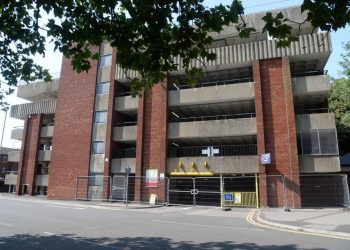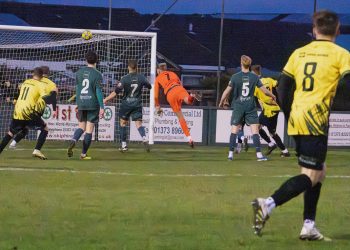In the recent general election, the Labour Party proposed a policy to lower the voting age to 16, an ongoing debate in the country discussing if we should allow more of the UK to be active in the policies and future of the country.
The idea to lower the voting age is not new to Labour; it was successfully lowered from 21 to 18 in 1969 by the Labour Prime Minister Harold Wilson with the aim to represent the country more fairly. Following similarly, newly elected Prime Minister Keir Starmer, who has led the party since 2020, supports lowering the voting age further to 16. He stated recently that he believes those who can work and serve in the armed forces should be eligible to vote in general elections, aiming toward “giving young people the tools they need to be active members of their communities”.
The idea of lowering the voting age is not new to the Labour Party. The voting age was successfully reduced from 21 to 18 in 1969 under Labour Prime Minister Harold Wilson, with the aim of making representation fairer. Similarly, the current Labour leader, Keir Starmer, who has led the party since 2020, supports lowering the voting age further to 16. He said recently that he believes those who are eligible to work and serve in the armed forces should also have the right to vote in general elections.
Although Labour is in government once again and has regained the power to introduce this policy, do the public share the Prime Minister’s view on lowering the voting age to 16?
Local sixth form students, who are themselves aged 16 to 18, have shared their opinions regarding Labour’s proposal.
One student said, “Lowering the voting age is important as 16-year-olds have to deal with the consequences as much as any other age group. Giving them that option will allow them a say in their future.”
Some argue that the treatment of 16-year-olds in the UK is unfair due to their legal recognition as adults in various areas, such as public transport, employment, making GP appointments and accepting medical treatment, yet they remain voiceless in choosing policies that affect their community. One individual shared a similar opinion, stating, “Young people should have their own say in what occurs in the country.”
Another student said, “Educating young people on politics, such as through compulsory political education, is far more important. It would only make sense to lower the voting age once more people are educated.” Another student agreed, adding, “It should be lowered, but only if there is some sort of political education involved.”
The general consensus among the young people I interviewed was that education on politics should be heavily encouraged for secondary school students if the government lowers the voting age, some suggesting that it should be mandatory.
In May this year, it was recorded that older generations in the UK generally oppose lowering the voting age to 16, with opposition increasing as the age of the generation increases. The Silent Generation (aged 78 plus) is the most opposed to the Labour Party’s proposal.
To gather local views, I asked residents of Melksham how they felt about the voting age proposal. Many residents shared similar opinions, agreeing that lowering the age to 16 would be beneficial and that 16-year-olds are mature enough. One resident was quite relaxed about the matter, asking, “Why not? It’s their future at the end of the day?”
A mother in the local community mentioned that her 17-year-old daughter was well-educated on current politics, even admitting, “She knew more about it than I did.”
However, one older resident expressed strong opposition, stating, “It should stay at 18.” She said, “By 16, you’ve still not learned what’s going on in government and parliament.” While a majority support the proposal to lower the voting age, it is clear that some still feel it is too early and believe younger people “don’t understand politics.”
Pictured: Grace
Support Local News
Help us keep your community connected and informed.
Local news is under pressure more than ever. For just £2 a month, you can support independent reporting that shares local stories, investigates the issues that affect you, and keeps residents up to date.
Choose a monthly subscription or a one-off donation. All donations will be reinvested into producing local journalism for Melksham.
Donate Now























